- About Us Show more
- About Us Show more
-

- UNICERT offers quality value-added assessment services bringing consistency, optimisation and efficiency to improve clients’ management systems, with minimal disruption and cost to the operations.
- Find out more
-
- Services Show more
-

Certification
Formally confirming that your products and services meet all trusted external and internal standards.
Learn More
Inspection
Validating the specifications, value and safety of your raw materials, products and assets.
Learn More
Testing
Evaluating how your products and services meet and exceed quality, safety, sustainability and performance standards.
Learn More
Training
Equip your team with the vital training they need to remain at the top of their profession.
Learn More
-
- Services Show more
- Information Show more
- Information
Show more
-

- For more details of UNICERT and accreditation mark information please communicate by email: info@unicertglobal.com
-
- Standards & Industries Show more
- Contacts Show more
-
-
Global Reach
- UNICERT is the industry leader with many regions in the world. Whether your business is local or global, we can ensure your products meet quality, health, environmental, safety, and social accountability standards for virtually any market around the world.
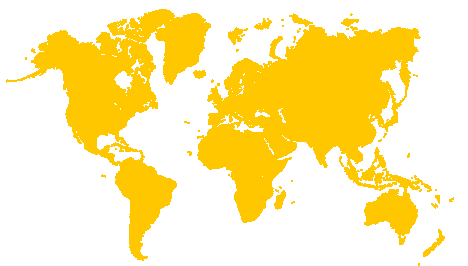
-
-
- Worldwide Show more

ISO 21001:2018
Ensuring Quality Education
Educators need to educate learners in a manner that offers optimal benefits and is suited to their requirements. An educational organizations’ management system that provides the implementation of measures to enhance educational standards will contribute greatly to delivering quality first education. An international standard that implements an educational management system aimed at quality education can greatly benefit the education sector while stimulating innovation and growth.
What is ISO 21001:2018?
ISO 21001:2018 defines an Educational Organization’s Management System (EOMS) with the aim of bringing quality education to learners. Through this standard, educational institutions are able to demonstrate their competence in teaching, learning, and research. The standard helps enhance the learning experience for learners and helps bring satisfaction to them, the teachers and other members involved by implementing the EOMS effectively.
What types of educational organizations are covered by ISO 21001:2018?
The ISO 21001:2018 standard is applicable to all kinds of education providers – from kindergarten to higher education as well as vocational training and e-learning services. The standard is also applicable to educational departments of large organizations such as professional training departments.
What are the key benefits of ISO 21001:2018?
- Better alignment of educational goals and action plans
- Enable quality education for all
- Self-learning and lifelong learning opportunities
- Personalized learning and improvements in special education needs
- Consistent processes and evaluation tools to increase efficiency
- Increased credibility of the educational organization
- Enables educational institutions to provide a more personalized experience to all learners inclusive of special education needs and distance learners
- Adopting industry best practices and raising the quality of education
- Increased customer satisfaction through creating transparency in learning services
- Enhancing the competitive ability of services
- Continuous improvement through constant monitoring to improve learning processes
- Global visibility and public trust by ensuring integrity and excellence of learning programs
- Eliminate redundant services from process and minimize reputational and monetary losses
CERTIFICATION
ACCREDITATION
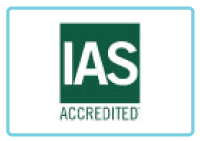
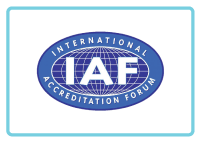



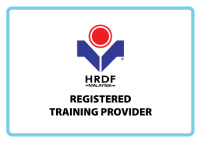
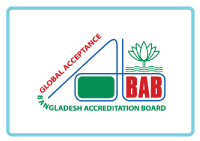
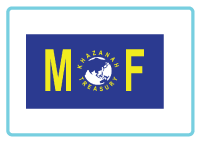
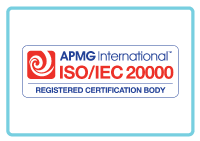
Copyrights © 2020 All Rights Reserved.


